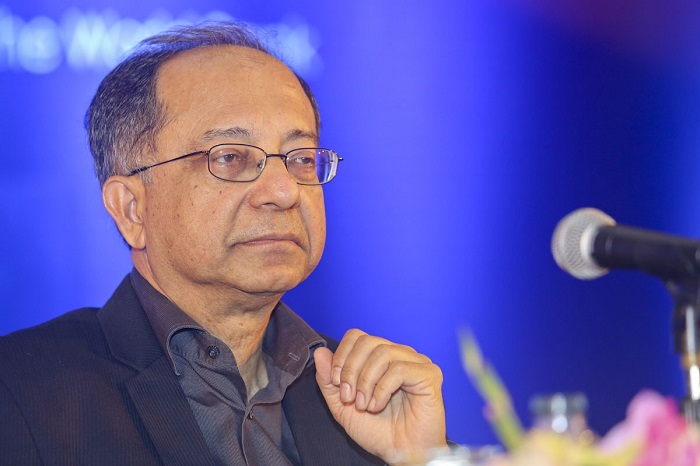Kolkata, The new law providing 10 per cent reservation to economically weaker general category people in education and government jobs was “unwanted” and it could achieve “close to nothing” former Chief Economic Adviser to the Union finance ministry, Kaushik Basu, said here on Monday.
“It was an unwanted legislation and it is a disappointing move. It will achieve close to nothing and will create a cumbersome procedure. The way the law is brought in is that 10 per cent of jobs is reserved virtually for everyone (every household),” he said at the launch of his book ‘The Republic of Beliefs’, here at a programme organised by Indian Chamber of Commerce.
President Ram Nath Kovind has approved a constitutional amendment that provides 10 per cent reservation to economically weaker general category people in education and government jobs.
The Constitution (One Hundred and Third Amendment) Act, 2019 was passed by Parliament on the last day of the winter session last week with daylong discussions and voting in both Houses.
The 10 per cent quota is in addition to the 22.5 per cent reservation for Scheduled Castes and Scheduled Tribes and 27 per cent reservation for castes identified as the Other Backward Classes (OBC). The fresh provision does not tinker with the existing 49.5 per cent of this quota.
Basu, former World Bank Chief Economist, explained that the way the legislation came into force was that the 10 per cent jobs are being reserved for households with less than Rs 8 lakh income per annum.
“By most calculations, somewhere between 96-99 per cent of Indian households fall into that category,” he said.
However, Basu said introduction of the Insolvency and Bankruptcy Code was a good move.
“IBC is a very good news and a much-needed law,” he said.
Citing his experience in World Bank, he said in terms of ease of doing business, one indicator on which India did not do well was related to “closing of business”.
One tends to hesitate to start business if one thinks that exit from it could be difficult if anything goes wrong, he explained.
Basu said Goods and Services Tax (GST) was badly needed and as an idea, it was “important” but “poorly implemented”.
Small businesses were badly hit by GST, he said.










